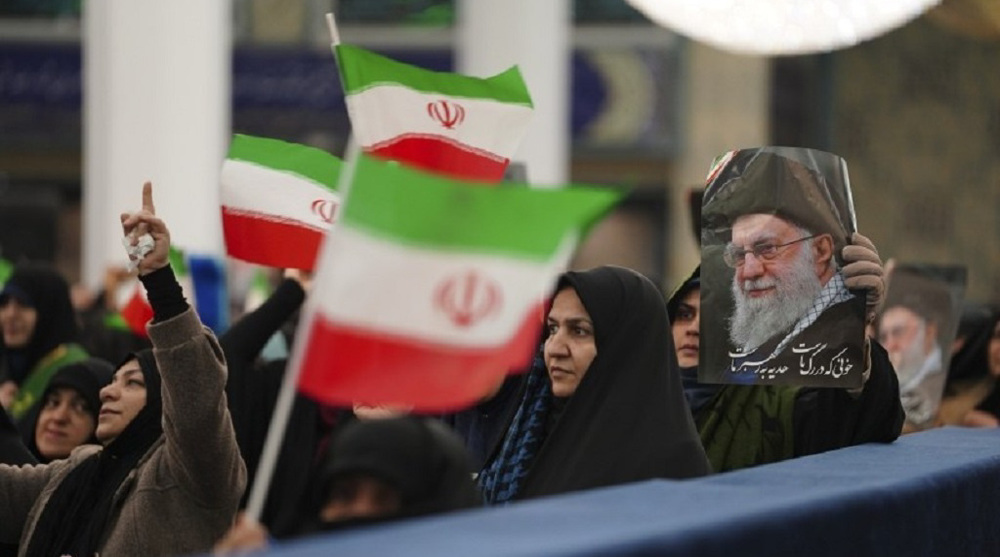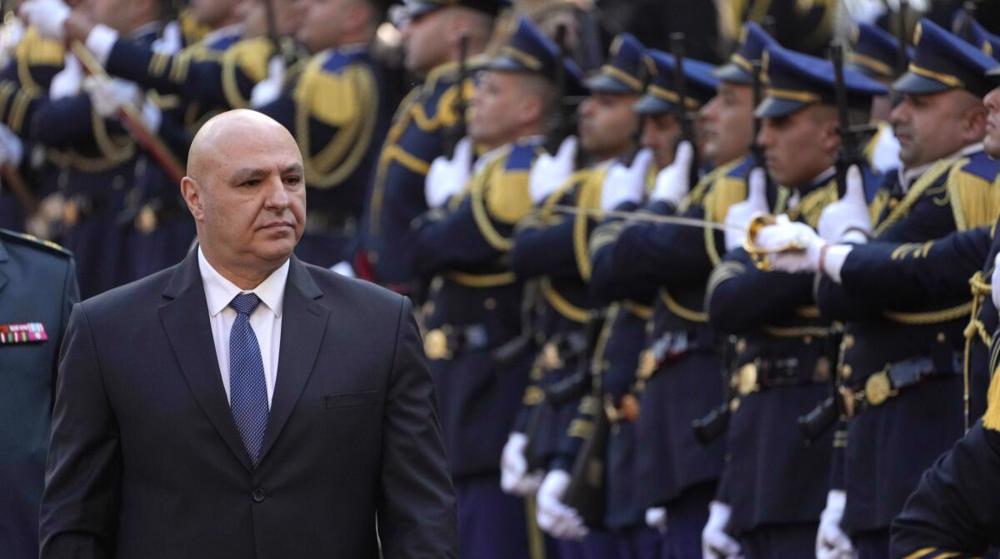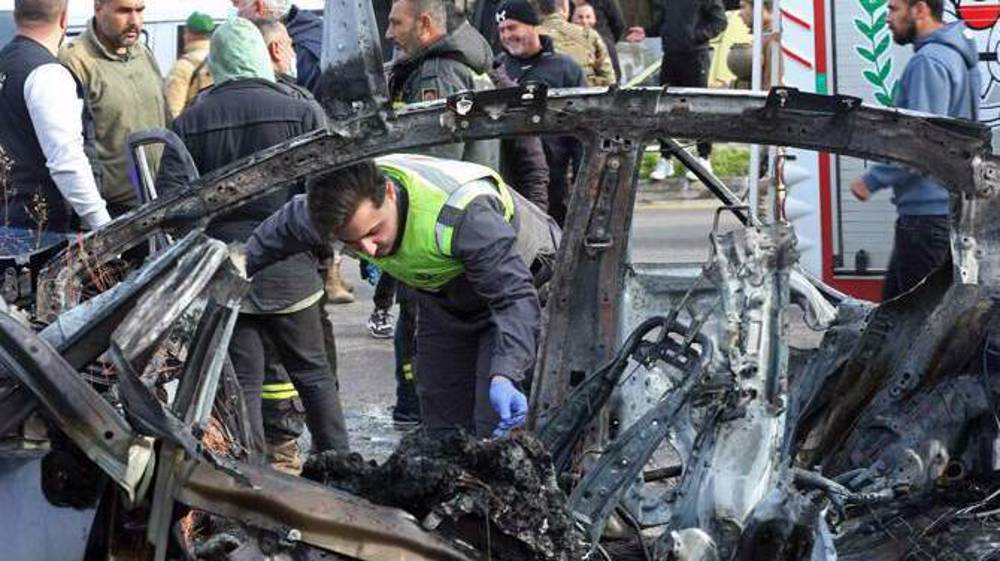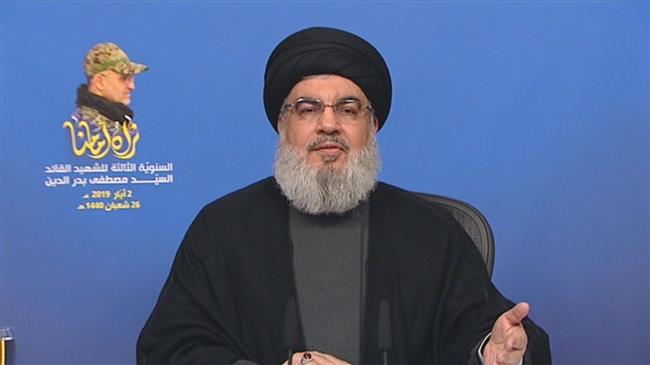Thousands stage nationwide strike in Lebanon amid fears of salary cuts
Thousands of people have staged a nationwide strike in Lebanon to express their deep resentment at Prime Minister Saad al-Hariri’s pledge for “difficult and painful” reforms to control spending, and concerns about any pension or benefit cuts.
On Monday, public employees together with staffers from public and some private schools took part in the strike.
One protester sustained injuries and was taken to hospital after security forces clashed with a group of protesters outside the Grand Serail, which is the official headquarters of the prime minister and a few blocks away from Nijmeh Square, where parliament is located, in the capital Beirut.
Local Arabic-language MTV television network broadcast footage of riot police using a water cannon on the protesters.
“This government has chosen to disrespect our rights. ... There will be escalatory measures today, tomorrow and any place the budget goes,” an unnamed retired soldier told local LBCI television network.

A delegation of retired soldiers later managed to enter the Grand Serail to meet Defense Minister Elias Bou Saab.
Elsewhere in the southern city Nabatieh, more than 500 state employees in addition to public and private school teachers gathered in front of the Nadi al-Husseini religious center to take buses to Beirut and join in a mass protest.
Employees of public and private schools and municipalities in the towns of Hermel, Metn and Aley also took part in the nationwide strike.
The skirmishes took place as the Cabinet convened for its 16th session to pass proposed austerity measures.
Last Friday, public sector employees held a strike following a call by the League of Public Administration Employees.
The head of the league, Nawal Nasr, told reporters at the time that public administration workers would strike “indefinitely” if the budget reduced their wages or challenged their rights.

Lebanon has one of the world’s highest public debt burdens. Its fiscal deficit ballooned to 11.2 percent of the gross domestic product (GDP) last year, up from 6.1 percent the year before. The country’s international reserves fell to $39.7 billion as well.
“The government is not even able to get its act together to deliver a comprehensible transparent budget. Nor did it present or formulate a credible medium-term fiscal adjustment plan that strikes the right balance between the imperative of growth and fiscal consolidation,” Alia Moubayed, managing director at the international finance firm Jefferies, said.
She added, “Without a clear medium-term economic and fiscal policy framework that addresses large external imbalances, and given high levels of corruption and state capture, investors will not be convinced to buy Lebanon risk, as donors will look with extra scrutiny before committing further funding.”
Six-month-old boy freezes to death in Gaza amid Israel's inhumane blockade
VIDEO | Protestors in South Africa slam US interference in other countries’ affairs
Israel runs smear campaign against Doctors Without Borders: Report
Iran slams EU parliament’s ‘meddlesome, irresponsible’ resolution on terrorist riots
Iran rejects Trump’s claim on executions as ‘completely false’
VIDEO | Israel silencing truth
IRGC: Enemy command room of 10 intel agencies targeted Iran
US threat to Iran's Leader will ignite entire region: Hezbollah














 This makes it easy to access the Press TV website
This makes it easy to access the Press TV website